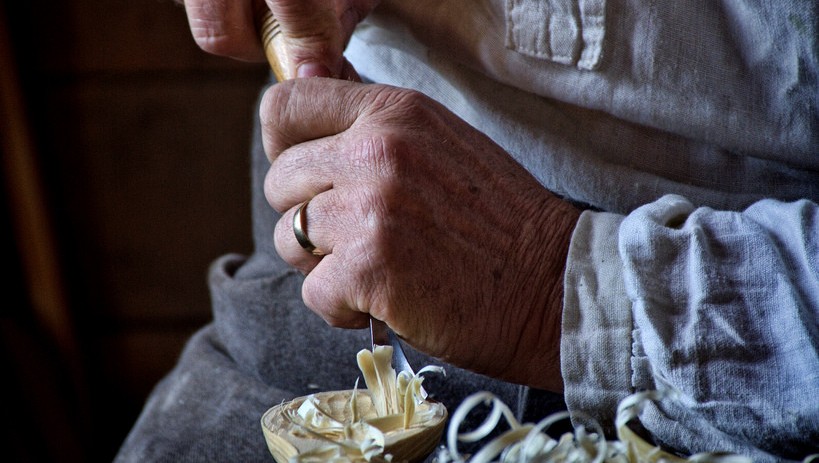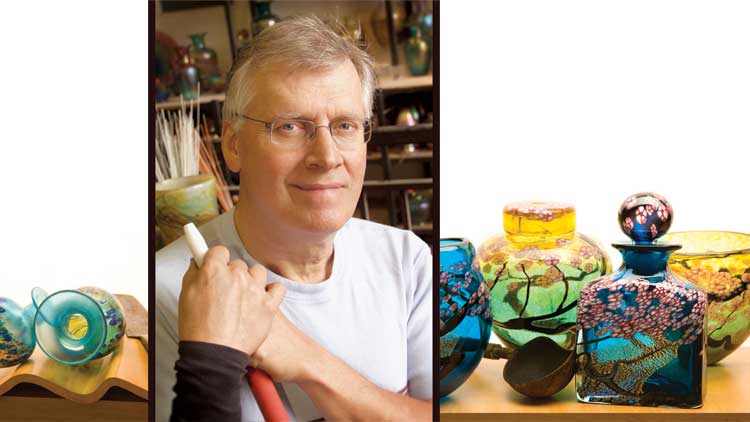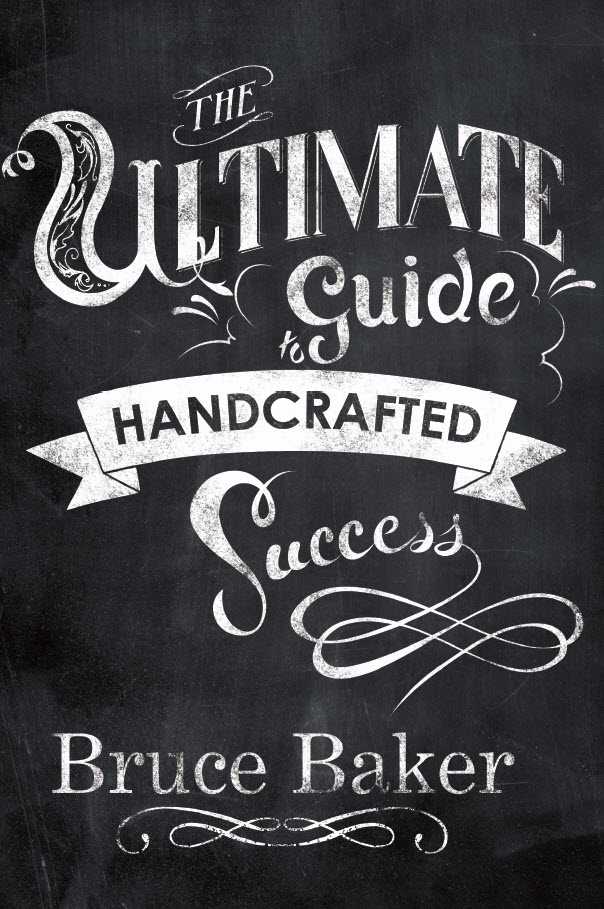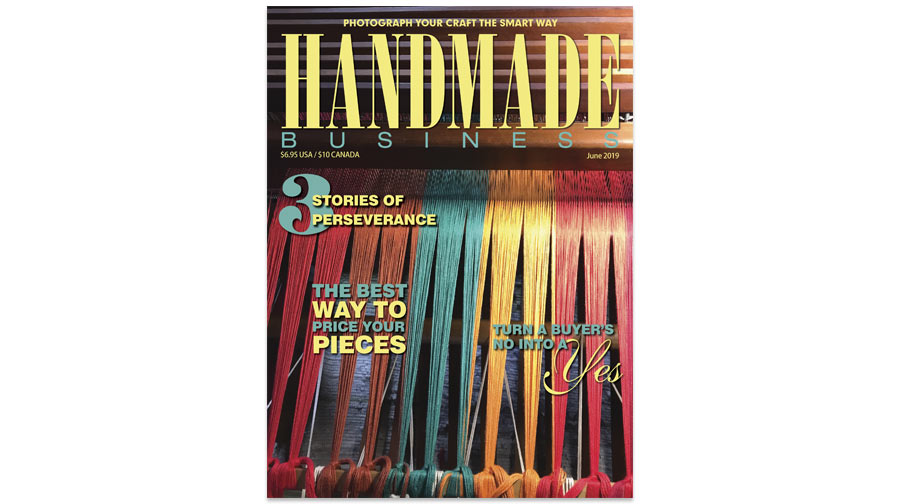Q: I’ve had my wood-carving business for a number of years, and now I am ready to get my work into more galleries and shops. However, I’m not sure that I have the time and experience necessary to do this. Should I hire an artist’s broker/representative? I’ve heard varying opinions (some strong) about this. Would it be beneficial to hire one? Or should I just press on and try to do my own representation?
You don’t say what you are carving and whether you create one-of-a-kind pieces or produce multiples of the same items. Remember, a shop is a retail business that buys its inventory at wholesale, marks it up and sells it to the public.On the other hand, a gallery doesn’t buy the work shown there, typically has artist’s shows that change on a fixed schedule and only pays for work when it is sold.
Since you mention galleries and shops, you’ll have to plan two different marketing approaches. If you are making multiples, it could make sense to have a sales representative (not an agent) to approach shops. As a small manufacturer, you can only do so many shows in a year and can only cover certain territory. By choosing representatives who cover different parts of the country, you can sell your product in a larger geographic area.
The trick is to find the right one and get them interested in you. The relationship between a manufacturer and representative is as tricky as the one between landlord and tenant, and unfortunately has generated way too many horror stories. There is no way to be sure you’ll get this right, so it is best to proceed slowly and do your homework.
I’d begin by asking other craftspeople if they have a representative or know any craftspeople who do have one. Then go to the Internet and log onto crafts-related chat rooms and any social networks you may be a part of and ask for recommendations.
Although it would be handy if there was a viable representative nearby, this is not important; if you’re trying to broaden you reach, they shouldn’t be.
Once you have some candidates, contact them to determine if they work with product like yours (most call on a particular category of stores).
Next, you’ll have to find out if they are taking on new accounts, whether or not they are interested in your product and their knowledge about your product.
When you find the right one, it’s time to hammer out a contract that is clear and fair to both of you. Be sure to delineate the territory to be covered, the fee structure and payment schedule, and what selling materials you’ll need to provide.
Also, exclude any accounts you already have from his or her commission. I have owned a shop in the past and I purchased a number of lines that were sold to me by sales representatives either at a show or in the shop. I now have a gallery and I have never taken on an artist who was brought to me by an agent.
Artists are their best representatives and can best approach a gallery on their own with a solid body of work. I believe that in addition to having solid work with a track record of sales there needs to be a connection between the gallery owner and the artist.You can’t get that when separated by an intermediary.






